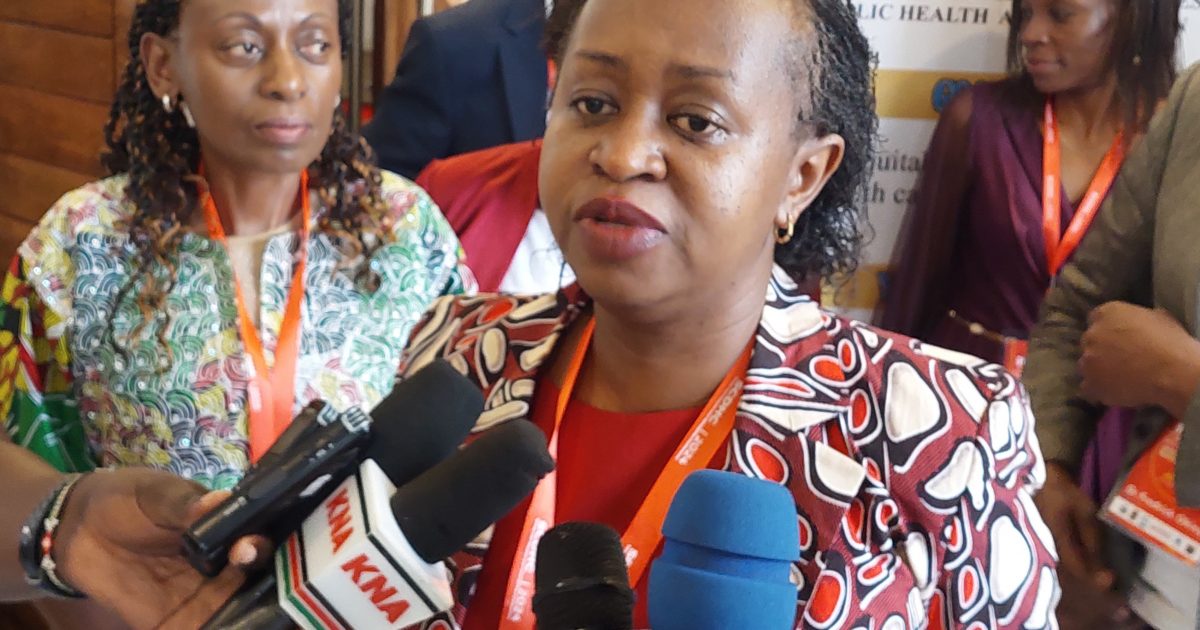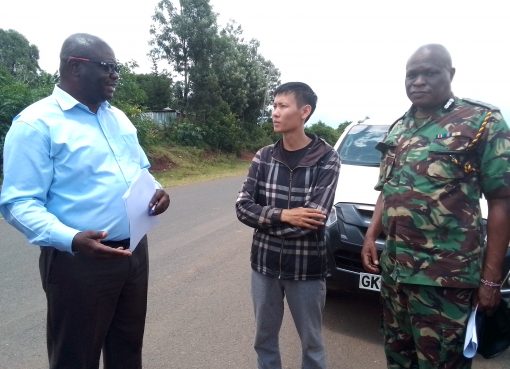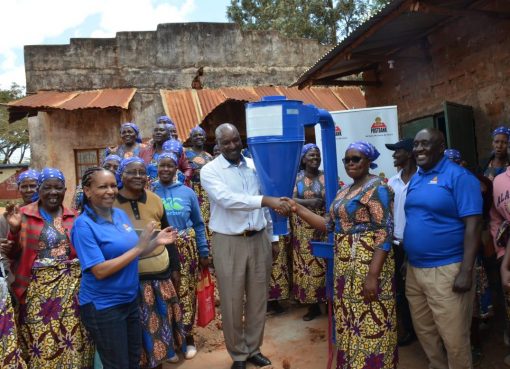The Ministry of Health has formulated a strategy to move the country towards addressing cases of sickle cell disease (SCD).
This comes amidst concerns over the rising number of cases, with 14, 000 children in the country born annually with the disease.
Counties surrounding Lake Victoria and the coastal region bear the highest burden of the disease, with 50–90% of the children diagnosed with the disease dying before their 5th birthday.
Dr. Gladwell Gathecha, the acting head of the Division of Non-Communicable Diseases at the Ministry of Health, said the strategy targets to address policy interventions to reduce the burden of patients battling the disease while moving to lower the prevalence of the blood disorder.
Through the strategy, she said the Ministry has developed a policy to provide guidelines for health workers to guarantee uniform and standard practice in the management of the disease.
“This will ensure that the treatment patients receive at the coast is the same way patients with the disease are handled and managed in the western part of the country,” she said.
A policy on infant screening, she added, has also been developed to ensure that the condition is detected early and proper treatment and nutrition are initiated.
To give impetus to the fight against the hereditary disease, Dr. Gathecha said the Ministry has also established a National Pathological Disorders Technical Working Group to enhance multi-sectoral coordination in managing the disease.
Speaking during the Sickle Cell Disease and Hemophilia conference in Kisumu, Dr. Gathecha said the ministry has pushed for the incorporation of the disease under social health insurance to cushion patients against the high cost of treatment.
“Since the disease requires lifelong treatment, patients were not covered under the National Health Insurance Fund (NHIF). We have now taken care of them through the Primary Health Care Fund, the Social Health Authority, and the Emergency, Chronic, and Critical Illness, which will cater for their screening, diagnosis, and treatment,” she said.
The Ministry of Health, she added, has planned a national-wide sensitisation campaign to create awareness about SCD and demystify myths that have for a long time subjected patients to stigma.
The conference, the first of its kind in Kenya and the region, has attracted over 50 abstracts from participants in Kenya and around the world.
Dr. Gathecha said the forum was critical for knowledge sharing and the advancement of research, adding that the recommendations from the conference will help the ministry address policy issues in the management of the two diseases.
Kisumu County Executive Committee Member (CECM) in charge of Medical Services, Public Health, and Sanitation, Dr. Gregory Ganda, said the conference, which has attracted participation from across the globe, was critical in forging a common front in the fight against the disease.
Testing, he said, was very critical to ensuring that all newborns know their Sickle Cell status to inform the decision to put them on medication, adding that when they become adults and are armed with the information, they will make informed decisions to stop the spread of the disease.
“It is known that a person carrying a sickle cell trait, when married to a person carrying the same trait, can give birth to a child with the full-blown disease. Therefore, with enhanced testing, this can be avoided, and we move towards the eradication of the disease,” he said.
Kisumu County, he said, has rolled out infant testing for SCD at Jaramogi Oginga Odinga Teaching and Referral Hospital (JOOTRH) as a key intervention in the fight against the disease.
Statistics from the facility, he said, indicate that out of the 20,000 deliveries in the county, 1.5% have the disease.
Bungoma County Executive Member for Health, Dr. Andrew Wamalwa, said a similar programme has been introduced at Bungoma County Referral Hospital.
So far, the facility has tested 1,200 cases, with 30 confirmed to have the disease.
He said plans were underway to set up a specialist hospital in the area, manage SCD, and do research.
Sickle Cell Federation of Kenya (SCFK) Chairman Dr. Fredrick Okinyi asked the government to allocate funds for the procurement of rapid testing kits to scale up screening for the disease.
The focus, he said, should be on schools so that all children in the country get to know their Sickle Cell status and those found with the disease can get treatment.
The cost of treatment, he said, was too high, with some of the patients unable to afford it.
National Blood Ambassador Caroline Wangamati called for the scaling up of advocacy and awareness to rally Kenyans to donate blood.
Blood, she said, was essential in the management of SCD and haemophilia, decrying the poor state of blood banks across the country.
“The demand for blood in the country is about 4,000 pints; unfortunately, we are only able to do about 800 pints,” she said.
By Chris Mahandara





